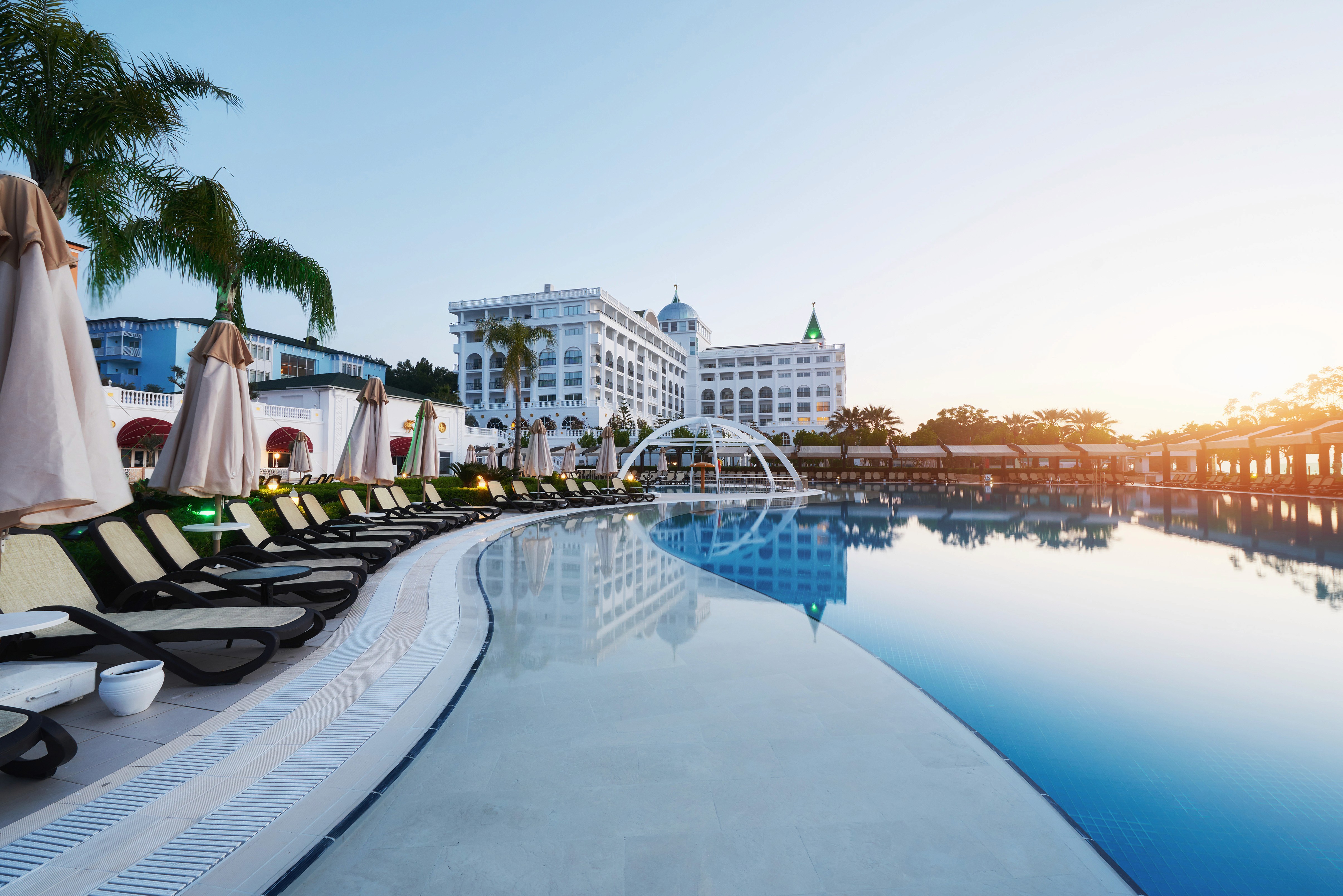Case Study: Decision-Making Study for a Global Hospitality Brand
Consumer Insights
Client
A renowned global hospitality brand with operations across major cities.
Objective
The primary objective of the study was to gain in-depth Hospitality industry insights into the decision-making processes and business vs. leisure traveler behavior related to their travel plans.
Key areas of exploration included:
Travel decision-making factors
Preferences and expectations from hospitality services.
Behavioral differences between business and leisure travelers preferences
Methodology
A robust qualitative research program was designed to derive actionable insights from the client’s target audience. Key elements included:
Research Method: Online webcam-based in-depth interviews (IDIs) conducted via Zoom.
Participants: Both business and leisure travelers, with a total sample size of 8 participants.
Interview Duration: Each session lasted 60 minutes.
Deliverables: Complete English transcripts of the interviews and a moderator summary at the end of each session.
Geography: The study focused on participants from Delhi, Bengaluru, and Mumbai.
Timeline: The research was conducted between September and October 2022.
Findings
Business Travelers:
Prioritized convenience and proximity to business hubs.
Sought seamless booking and check-in processes.
Valued loyalty programs that catered to frequent travel needs.
Leisure Travelers:
Preferred experiential stays that highlighted local culture and attractions.
Emphasized the importance of safety and family-friendly amenities.
Looked for curated packages offering value for money.
Common Insights:
Digital presence and user-friendly booking platforms were key to traveler satisfaction.
Personalization of services was a significant differentiator in the hospitality experience.
Both segments expected transparent pricing with no hidden charges.
Outcome
The study provided critical insights that enabled the hospitality brand to:
Refine Service Offerings: Introduce personalized packages for business and leisure travelers.
Enhance Digital Presence: Revamp their online booking platform for improved user experience.
Boost Loyalty: Develop targeted loyalty programs catering to the distinct needs of frequent and occasional travelers.
Optimize Marketing: Launch city-specific campaigns to align with regional preferences.
Conclusion
The research successfully bridged the gap between the brand’s offerings and consumer expectations. By addressing the nuances in traveler behavior, the hospitality brand was equipped to deliver tailored experiences, thereby enhancing customer satisfaction and loyalty across key markets.
How do consumers think, evaluate, and choose? Explore our customised solutions to turn insights into action and empower your decisions with research-backed intelligence!
Chart Your Success Story with Market Xcel
KEEP READING



